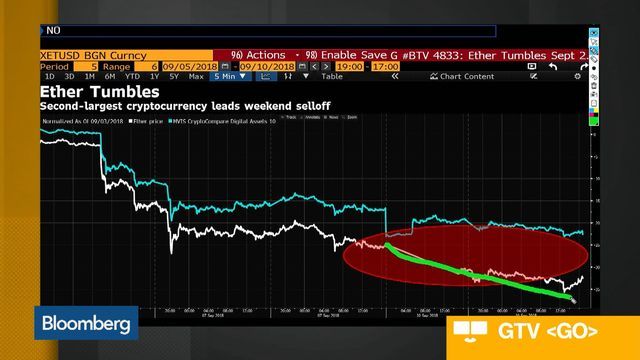Chris Beams joins the show to talk about Bisq, the P2P decentralized Bitcoin exchange and open-source desktop application that allows you to buy and sell bitcoins in exchange for national currencies, or alternative crypto currencies. We get some background on the issues faced by crypto exchanges like CoinBase, and the now defunkt Mt. Gox. We discuss whether or not Bitcoin is a censorship resistant payment system and what it means to have anonymous transaction currency options. Bisq also has an interesting white paper about its own DAO (Decentralized Autonomous Organization) to support its contributors and we discuss that in detail at the end of the episode.
Matched from the episode's transcript 👇
Chris Beams: Yeah, sure. So let’s just assume the simple scenario of you’ve gotten your first Bitcoin wallet - it’s a desktop application - and I’ve sent you some Bitcoin just to get you started, so now you have 0.1 Bitcoin or something like that sitting in that wallet, and five minutes later your machine melts down. It’s just an unrecoverable disk failure, and your time machine hasn’t had time to back it up, or whatever; you don’t have any backup of it. That wallet on that computer was the only home of the private keys that can spend the Bitcoin that I transferred to you.
When I transferred the Bitcoin to you, I signed a transaction using my Bitcoin private keys that spent the Bitcoin, to your address, in that wallet. I sent it to your public address, and only that wallet has the private key that can then subsequently sign again and send it to somebody else. So if that private key is gone, your money is gone, gone, gone, gone, gone.
Now, there’s a little bit better news these days. For the last number of years there have been really clever solutions that have come along. When you set up a modern wallet today, if it’s a good one, the first thing it’s gonna walk you through is this process of setting up the so-called seed words, which are typically a 12-word sequence, or sometimes even a 24-word sequence. Those words, in addition to a password or whatever it is that unlocks the wallet, but these words are much more powerful than a password, because those words alone can actually completely recreate a wallet, including essentially all of the private keys that are necessary to spend that Bitcoin, and that’s a really clever piece of engineering and math that makes that possible.
[20:15] So the process today is people set up a wallet, they get their seed words, and they must write down those seed words, like pen and paper, never ever storing those words on a digital device of any kind. Store that piece of paper utterly secure, whether it’s your bank’s safe deposit box, or whatever it is that you deem to be the most secure location that you can possibly –




